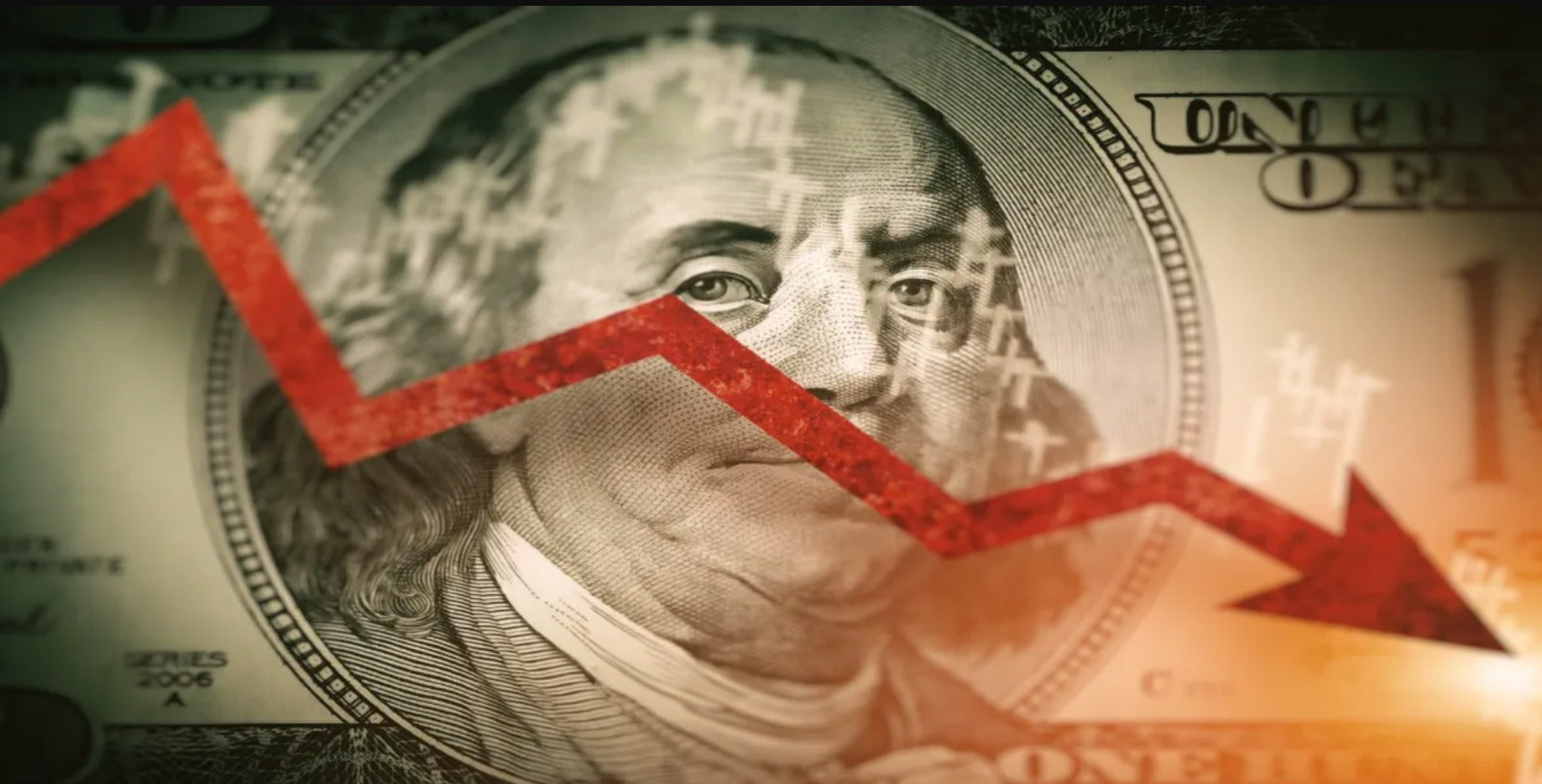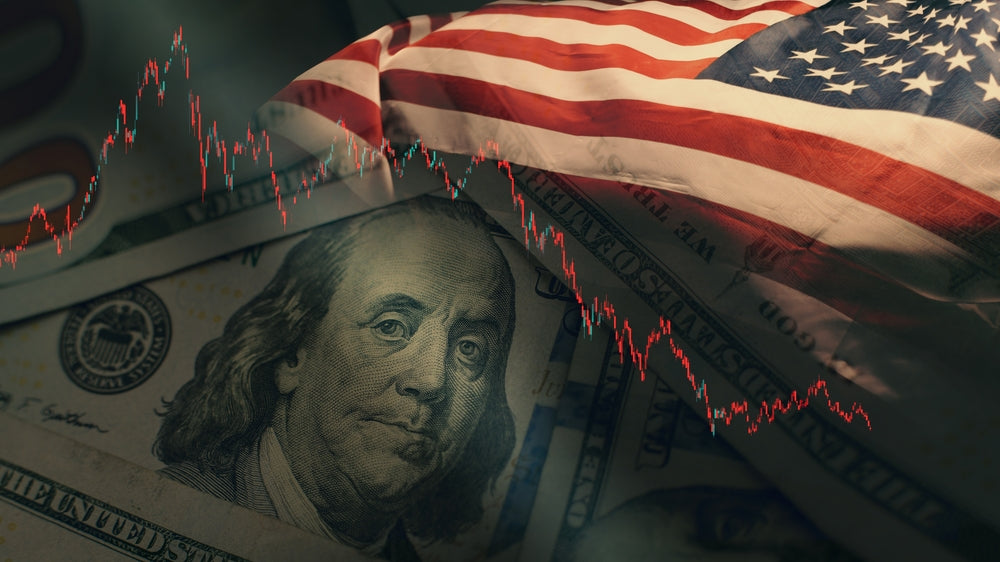The ongoing tension between Iran and Saudi Arabia has been a major source of instability in the Middle East for decades. However, recent developments have sparked optimism that the two regional rivals may be on the path towards reconciliation. While this would undoubtedly have positive implications for peace and stability in the region, it could also have a significant impact on the global economy. Specifically, an Iran-Saudi rapprochement could deal a deathblow to the dollar.
The dollar has long been the dominant currency in international trade and finance, serving as the primary reserve currency for central banks around the world. This dominance has given the United States tremendous economic and geopolitical power. However, this power is not without vulnerabilities, and one of the primary vulnerabilities of the dollar is its reliance on oil.
Oil is the lifeblood of the global economy, and the vast majority of oil transactions are conducted in dollars. This has given the United States a great deal of influence over global oil markets and has allowed it to leverage that influence for geopolitical purposes. However, this reliance on the dollar has also made the United States vulnerable to any disruption in the oil market.
An Iran-Saudi rapprochement could disrupt the oil market in a major way. Currently, the two countries are bitter rivals and are engaged in a proxy war in Yemen. This has led to a significant amount of instability in the region and has contributed to a steady rise in oil prices. However, if the two countries were to reconcile and begin working together, they could quickly become dominant players in the global oil market.
Iran has the fourth-largest proven oil reserves in the world, while Saudi Arabia has the second-largest. Together, the two countries could easily control a significant portion of the global oil supply. If they were to decide to price their oil in a currency other than the dollar, it could have a devastating impact on the value of the dollar.
This is not an idle threat. Other countries have already begun to explore alternatives to the dollar in their oil transactions. For example, Russia and China have been working together to create a new payment system that would allow them to bypass the dollar in their energy transactions. If Iran and Saudi Arabia were to follow suit, it could be a major blow to the dollar’s dominance.
Of course, there are many obstacles to an Iran-Saudi rapprochement. The two countries have a long and bitter history of conflict, and there are many entrenched interests on both sides that are opposed to any reconciliation. However, recent signals from both sides suggest that there may be a willingness to move towards peace. If that happens, it could have significant implications for the global economy.
In conclusion, an Iran-Saudi rapprochement could be a game-changer for the global economy. If the two countries were to become dominant players in the global oil market and decide to price their oil in a currency other than the dollar, it could deal a deathblow to the dollar’s dominance as the world’s reserve currency. While there are many obstacles to such a reconciliation, recent developments suggest that it is not impossible. The world will be watching closely to see how this situation develops.














